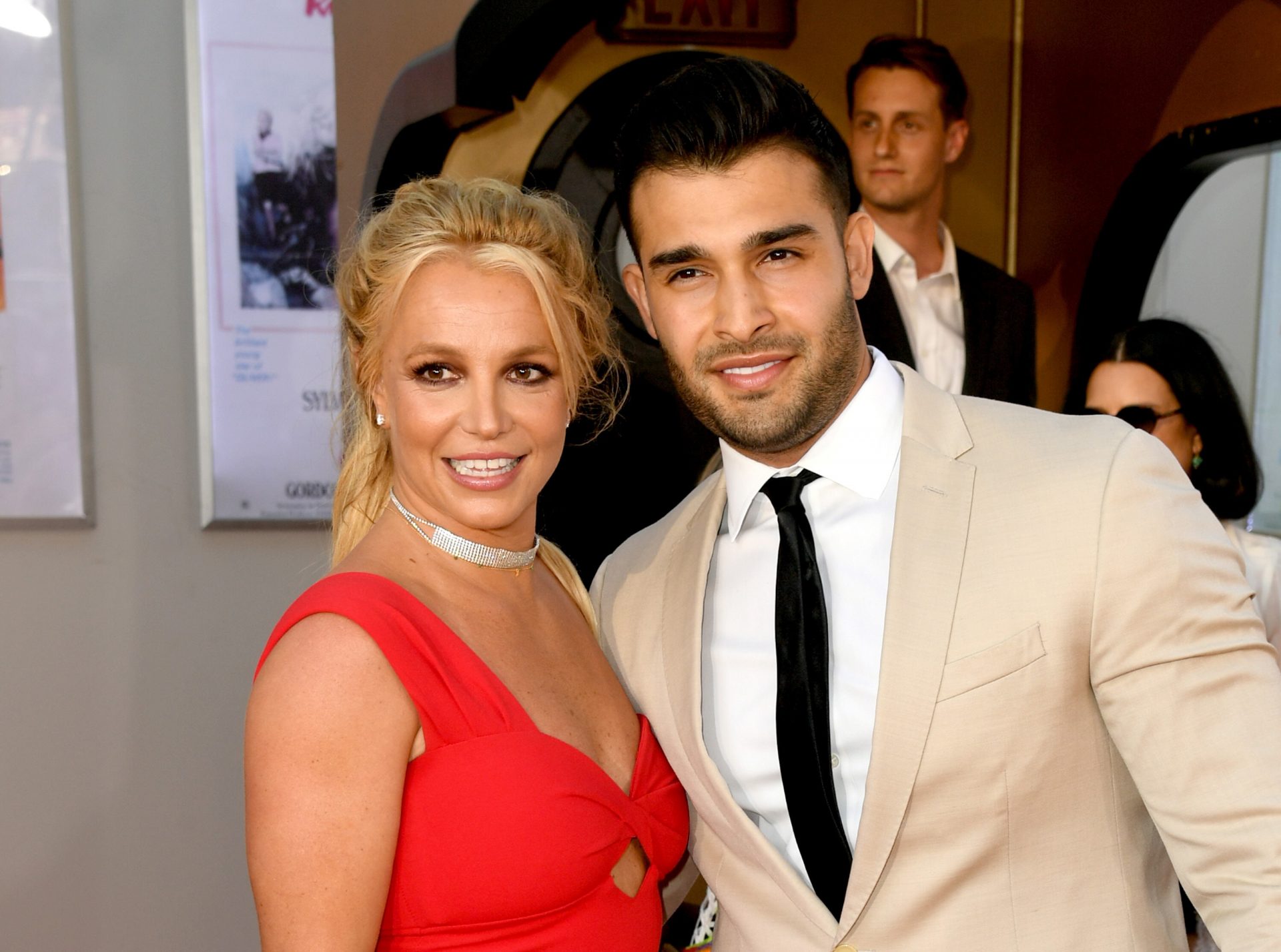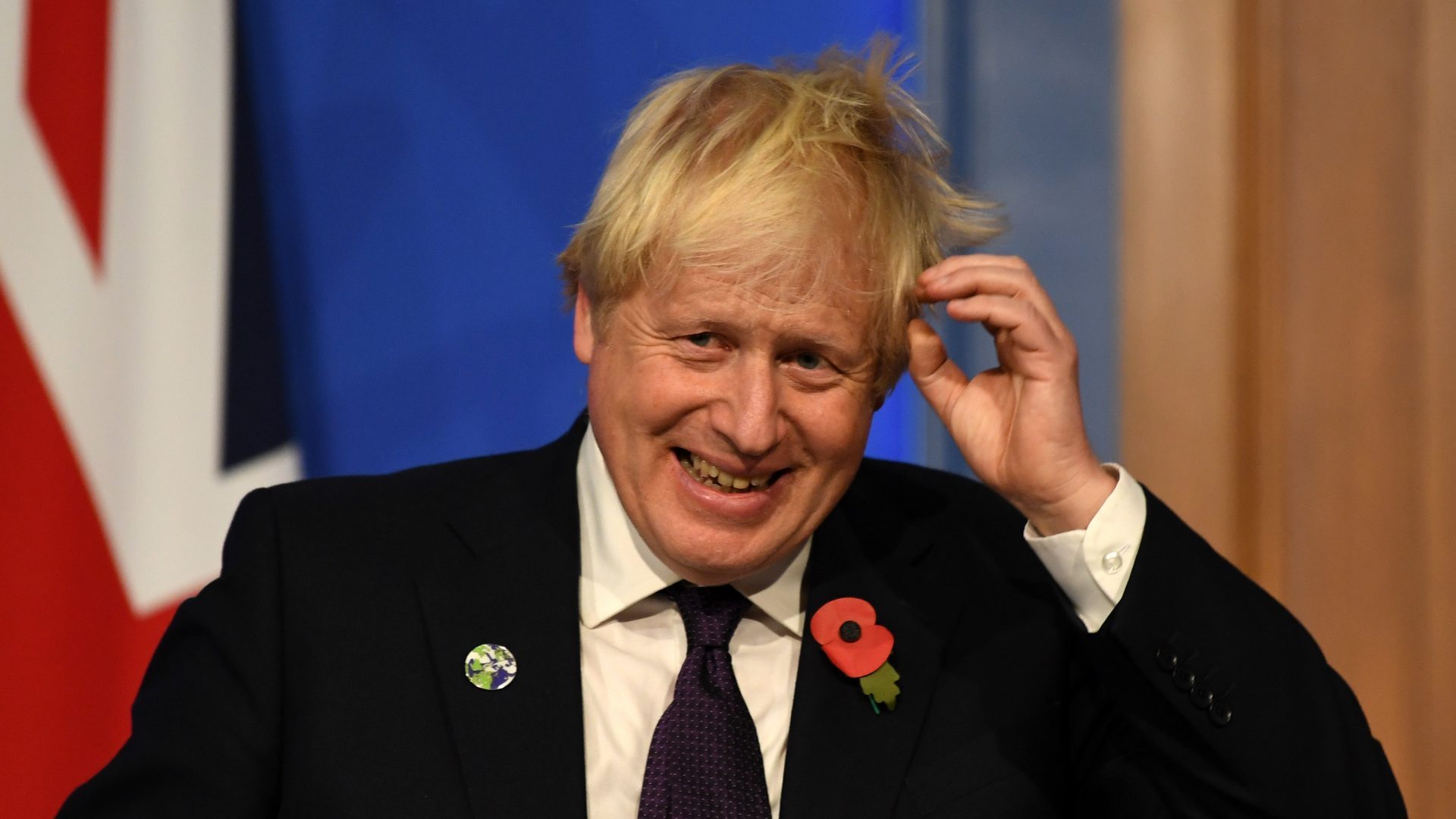Britney Spears is free. For 13 years she’s been subject to a conservatorship, a legal arrangement that let her father control many aspects of her life.
Now a judge in Los Angeles has terminated that arrangement and Spears is going to sue her father for conservatorship abuse.
The original point of the conservatorship was to protect her after she had a mental health crisis and two temporary admissions to a psychiatric hospital.
These arrangements are a form of paternalism, acting as a good father might to protect the interests of a child (maternalism is possible too). A paternalist protects people in their charge, for their own good, preventing them from acting freely when that might put them at risk.
John Stuart Mill in his On Liberty (1859) wrote about paternalism. Generally, he was against it for adults. People should be free to make their own choices and their own mistakes. He argued that it was important for them to be able to conduct their own “experiments in living”, rather than have other people, government, or social pressures preventing them from exercising their freedom.
The only circumstances in which an adult of sound mind should be inhibited from exercising their freedom, he argued, was when they risked harming others in the process. Harming themselves was up to them. This is what is now known as his Harm Principle.
Mill thought paternalism was appropriate towards children – they needed protection.
Very worryingly, he thought it also appropriate towards “backward states of society in which the race itself may be considered as in its nonage.”
In other words, he believed that some societies were less developed than others and that it was acceptable to treat their inhabitants as child-like.
He also allowed that if adults had what we would now call severe mental health problems they could and should be treated paternalistically.
But, generally, paternalism was an attack on individual liberty, and extensive liberty was good because he believed that each of us has a better sense of what will make our life go well than other people do.
Underlying all this for Mill was his belief that maximising individual freedom was the best way of maximising overall happiness.
Britney Spears may have needed paternalistic protection immediately after her breakdowns. Now it is clear that she doesn’t and hasn’t done for some time. She should be treated as an adult and not left in thrall to those who might exploit her, even if, as a result, she makes some mistakes with her life – that should be up to her, not her father and his legal team, who seem to have turned her into a lucrative business.
On the face of it, Spears’ position was a bit like pre-Brexit Britain seen from the perspective of many Brexiteers. The UK was being denied its autonomy (or sovereignty as they usually label it) because of a series of paternalistic EU laws that allegedly inhibited trade and business development, and foisted immigration – on a scale that upset those Brexiteers – on a country that they claimed didn’t want it.
The UK was like Spears in relation to her father: held back by a paternalistic overseer allegedly acting in its best interests. But the analogy is weak. There are important differences between Britain and Britney.
First, the UK was never going to be able to act independently of the powerful trading bloc of its closest neighbours. The idea that by severing formal links with the EU, the UK would suddenly be as free as a Britney was always absurd.
More importantly, though, the kind of freedom that Mill defended was about possibilities that lie open to us. If life is a corridor, the ideal is to have many open doors and the capacity to go through whichever ones we choose without someone else locking us out.
Having the doors open is what Isaiah Berlin called negative freedom (freedom from constraint). The power to be able to go through them he called positive freedom (freedom to), and that is important too. Being free involves both.
What has happened with Brexit, though, is that some constraints have indeed been removed, but at the same time many other doors have slammed shut in our faces, perhaps permanently. We have been locked out. Our freedom has been reduced rather than increased and we’re left wandering down that corridor, looking for doors worth going through.
Britney may now be freer than ever before, but Britain certainly isn’t.



